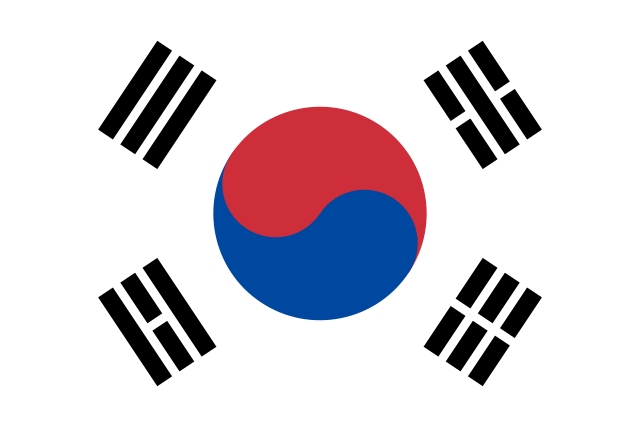Pledge_of_Allegiance_(South_Korea)
The Pledge of Allegiance to the Flag (Korean: 국기에 대한 맹세; Hanja: 國旗에 對한 盟誓, lit. '"Oath facing the national flag"') is the pledge to the national flag of South Korea. The pledge is recited at flag ceremonies immediately before the South Korean national anthem.
This article has multiple issues. Please help improve it or discuss these issues on the talk page. (Learn how and when to remove these template messages)
|
